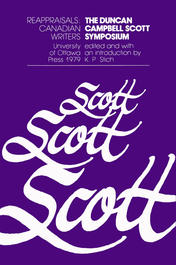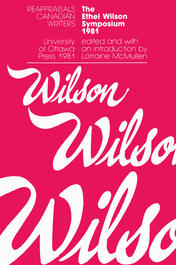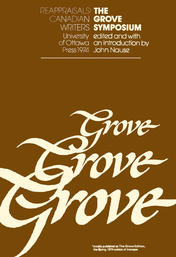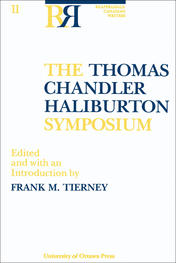General
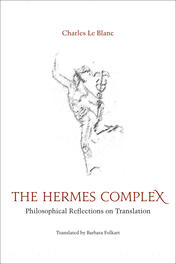
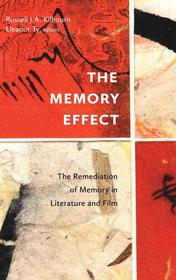
Excerpt from The Memory Effect: The Remediation of Memory in Literature and Film edited by Russell J. A. Kilbourn and Eleanor Ty
From the Introduction
This collection (1) came about in response to the following question: How do changing ideas of memory affect how we think about texts, whether literary, filmic, or in some other medium? By framing an approach to memory informed by post-structuralist theories of the subject, language, and representation, we assert that memory, like history, is understood to be a discursive construct. This position, which in the twenty-first century sounds outdated, remains in our view the most radical and therefore the most valuable in terms of the insight it allows into the ontology and epistemology of memory today, insofar as this is not an understanding of memory as discursive-textual construct in a second-order sense, as in classical or early modern conceptions of an “art of memory” distinct from memory as a “natural” faculty or capacity of the mind. Classical theorists such as Cicero saw memory as a rhetorical category, and artificial memory therefore as something to be learned through the mental construction of a memory palace inside one's head. This pre-modern model is predicated upon the two longest-standing metaphors of memory as storage place and as system of inscription (see, e. g. , Yates, Carruthers, Frow), by which relatively complex assemblages of information can be deposited, recollected, reordered, and reproduced at will. Centuries of cultural and technological —not to speak of cognitive and neurological—development have resulted in a world in which it is now possible to walk around with a USB key or “flash drive” in one's pocket or briefcase, containing as much information as the Library of Congress—enough data, in short, to consume several lifetimes of learning or of practical application. For most of us today this is what memory is, in a first-order sense, or rather in a sense that transcends any “natural”-technical binary: an external, prosthetic storage tool, operating on its own or as part of another machine (camera, laptop, cellphone, tablet, e-reader), entirely distinct from the “natural” human sensorium, the physically embodied mental “self,” yet already indispensible, a crucial component in what is emerging as a wholly new kind of cyber- or post-human interface, yielding never-before-possible subjectivities and modalities of identity. This, at least, is the utopian scenario; a more cynical view sees in this tendency the colonization of memory as an always already artificial technology, but where, in a symptomatically postmodern irony, the loss of the distinction between “natural” and technically enhanced memory is to be nostalgically mourned. We would not be the first to point out that for many people today the “natural” memory is employed primarily in the second-order task of storing and retrieving (or not) the knowledge of how to retrieve the mind-bogglingly vast quantities of information now available via various digital media platforms.


